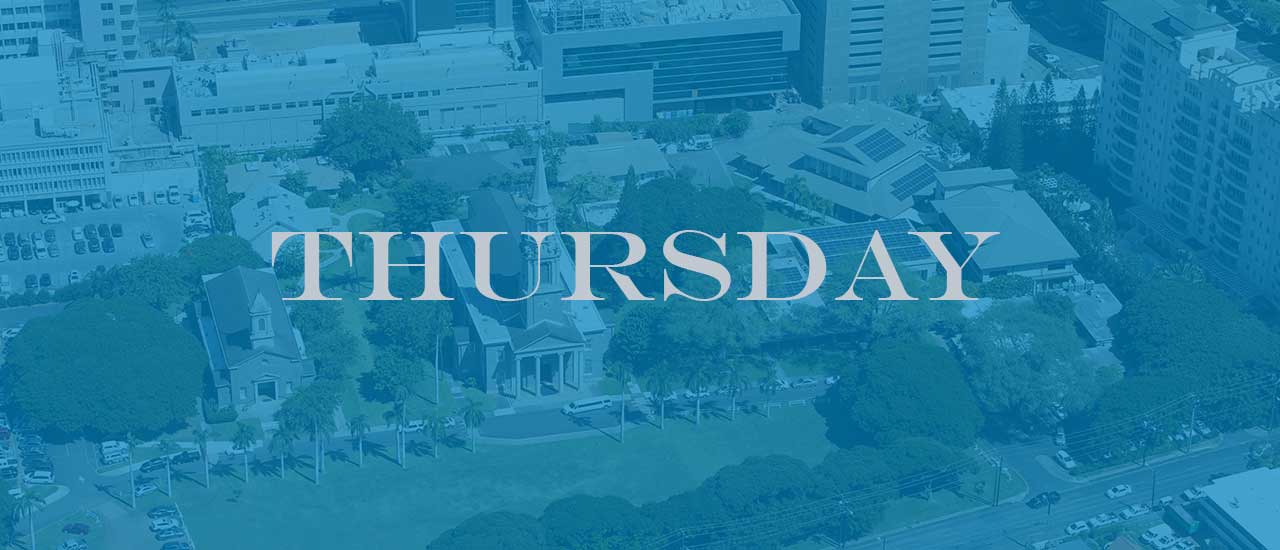By Kristen Young
“Do not conform any longer to the pattern of this world, but be transformed by the renewing of your mind. Then you will be able to test and approve what God’s will is–his good, pleasing and perfect will.” —Romans 12:2
“Stick to the Status Quo” is the name of a number in what was probably my favorite movie as a tween (High School Musical). The catchy song comes up during a scene in the school cafeteria. While everyone is singing and dancing around the lunchroom, “Stick to the stuff you know. It is better by far to keep things as they are. Don’t mess with the flow, no, no. Stick to the status quo!” people from different cliques begin excitedly confessing their hidden passions to their peers—a jock who bakes; a bigger-size, brainiac who dances hip hop; a skater dude who plays the cello are all among those shattering stereotypes. Despite the lyrics being sung by the mass of high schoolers who unsurprisingly wanna fit in with the crowd, the message at this point of the movie is clear: don’t stick to the status quo.
What is our status quo as a society? As a church? What are the patterns of this world that we conform to? What are the dominant narratives that keep us locked in our ways?
Paul gives a pretty clear task in Romans 12:2, but I didn’t quite understand the weight of it until the beliefs and ideas I had grown up with and come to learn were challenged so deeply and I had to shed them to accept new realities and perspectives that are more in line with what I claim to value as a person of faith—love. I am fortunate to have grown up in faith communities where the message that has stuck with me is to love God and love my neighbors as myself.
So what does love look like in a world where the status quo produces:
- millions who are food insecure and billions of pounds of food waste?
- melting glaciers and rising seas and deniers of climate change?
- the highest incarceration rates in the world?
- a strong and well-funded military based in our islands and their jet fuel in our water supply?
- nearly daily mass shootings?
- thousands of unhoused neighbors, including many Native Hawaiians, while one in seven housing units in Hawai‘i is vacant?
- public officials taking away people’s rights to freely make decisions about their body and life?
When this is the status quo, love has to be more than positive thoughts and encouraging words, politeness and affection, sympathy and handouts, “a secondhand emotion” (cue the Tina Turner tune).
In the book All About Love: New Visions, author bell hooks shares a reminder from John Welwood, “dreaming that love will save us, solve all our problems or provide a steady state of bliss or security only keeps us stuck in wishful fantasy, undermining the real power of the love—which is to transform us.” hook laments that “. . . we are a nation of people, the majority of whom, across race, class, and gender, claim to be religious, claim to believe in the divine power of love, and yet collectively remain unable to embrace a love ethic and allow it to guide behavior, especially if doing so would mean supporting radical change.”
A good glimpse at our world should tell us that we are in need of radical change—and Michael Jackson’s track “Man in the Mirror” wasn’t just catchy lyrics. Making the world a better place requires that we change ourselves first.
In a time and place where division, violence, and pain are prevalent, organizer, educator and curator Mariame Kaba extends this invitation, “Let this radicalize you rather than lead you to despair.” Imagine if we sought out vastly different voices, listened to voices that are often silenced and ignored, questioned what we’ve come to know, were critical when it counts, allowed our minds and opinions to change, discerned with love, and acted accordingly.
– – –
At the end of High School Musical, the main characters, star athlete Troy Bolton and star student Gabriella Montez, an unlikely pair, shock everyone with their stellar duet singing “Breaking Free” which they never would’ve sung had they simply stuck to the status quo.
Are we willing to break free from the status quo? Are we willing to make change and embrace transformation to create a community where people and planet are prioritized over profit, where the value and dignity of every person is acknowledged and affirmed, where the Imago Dei is celebrated within each of us? For the love of God and neighbor, we must.
Prayer: God of love, open our hearts, renew our minds, give us courage that we might make it so that “thy [kin-dom] come, thy will be done, on earth as it is in heaven.” Amen.
“I’ve come to believe that preaching to the choir is exactly the right thing to do. If I can help those who already share certain beliefs and dreams sing their song a little clearer, a little more confidently, I know they will take their song back to their networks….. We gain courage from learning we are a part of a choir. We sing better when we know we’re not alone.” —Margaret Wheatley






